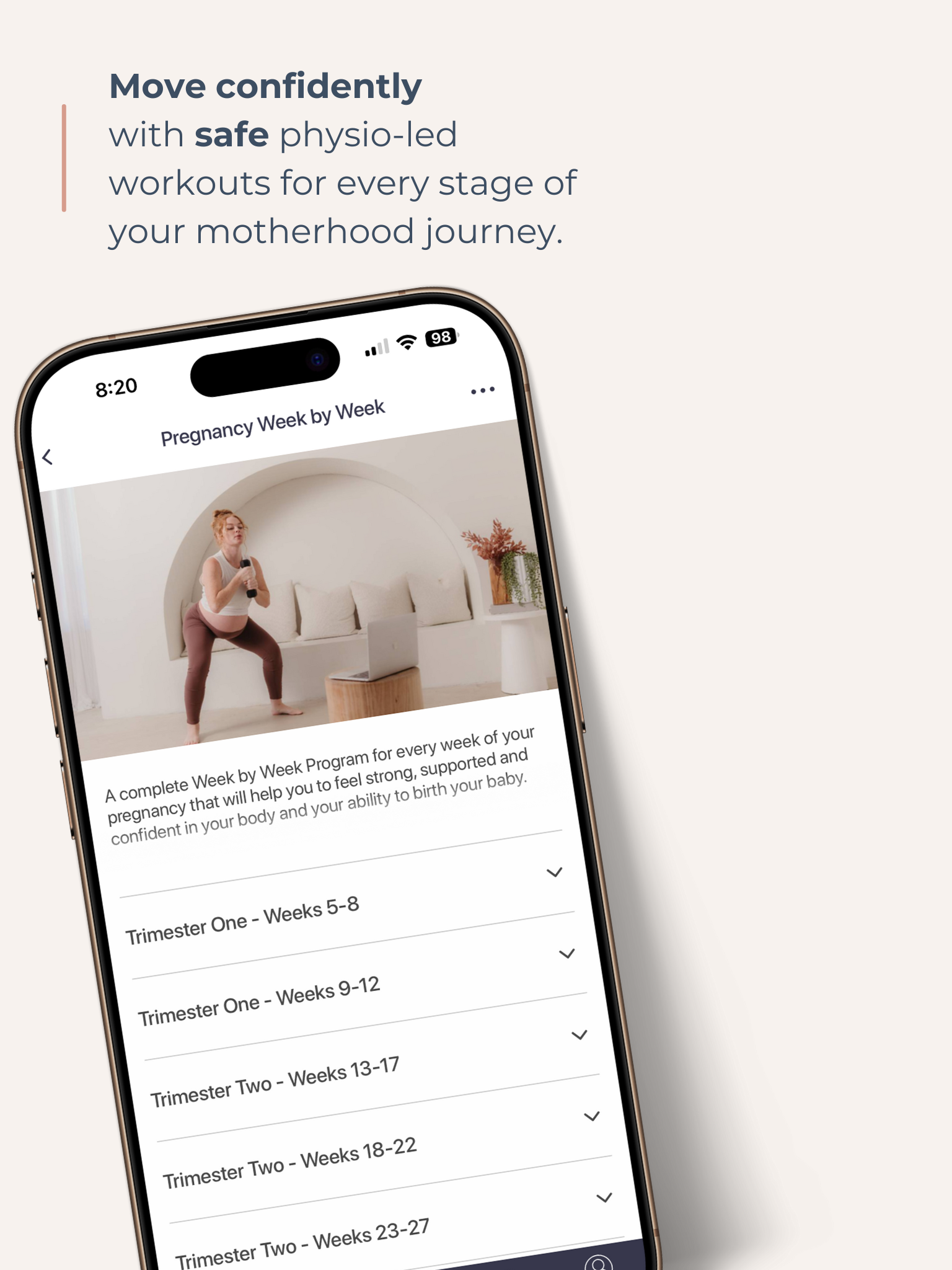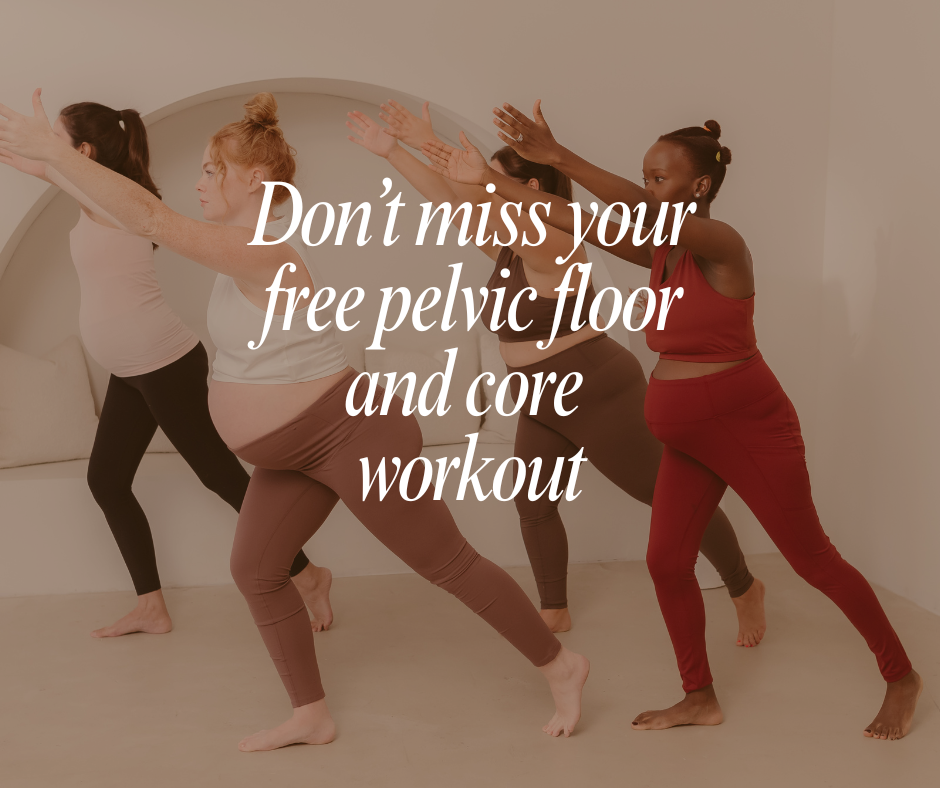How Long Should Postpartum Recovery Take? (Hint: It’s Longer Than You Think)
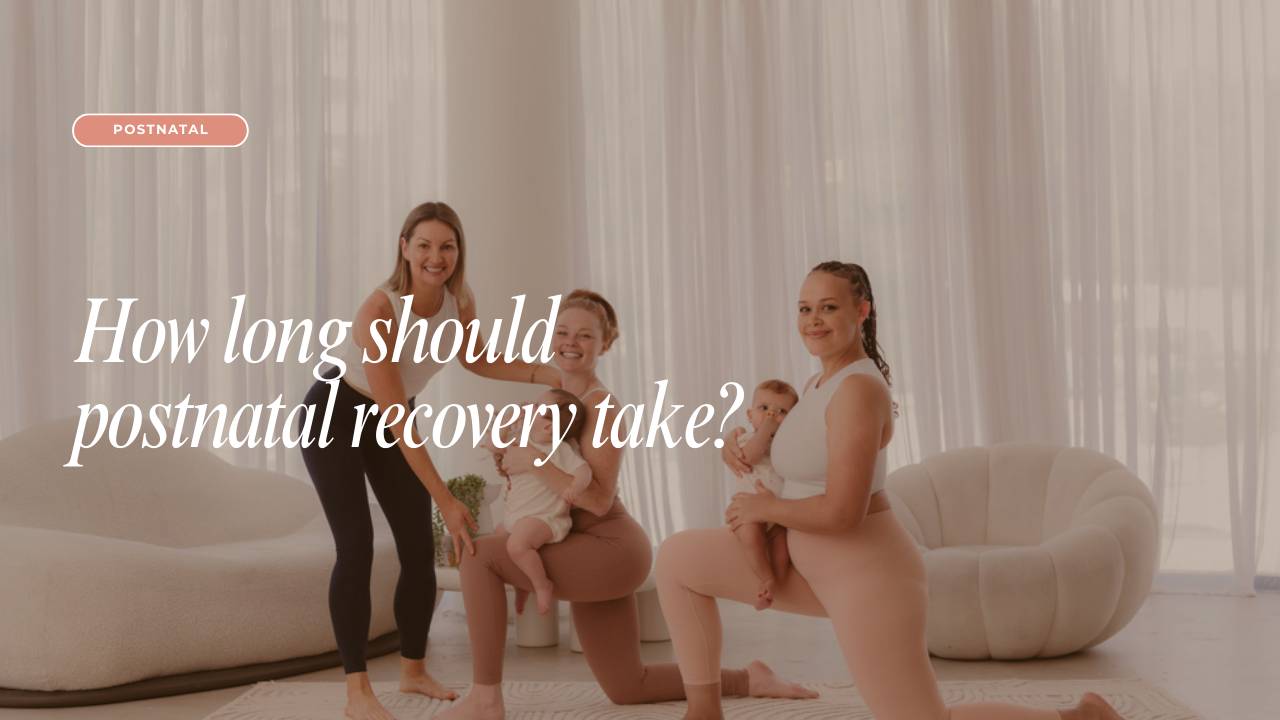
If you’re wondering how long postpartum recovery should take, research and clinical experience show it’s a marathon, not a sprint. Full recovery can take 6–18 months, with connective tissue, pelvic floor function, and emotional health continuing to improve well beyond 12 weeks. You haven’t missed your window; healing happens with time, specialised movement and continued graded progression.
How Long Should Postpartum Recovery Take?
Many women expect to feel “back to normal” by their 6-week or 12-week check-up. Culturally, there is a pressure on women to have 'bounced back' by this stage. But the reality is, postnatal recovery continues for months, sometimes years. The exact timeline depends on factors like type of birth, pelvic floor function, abdominal healing, mental health, and the kind of movement you do during recovery, how much sleep your are getting, your mental and emotional health and how well supported you are.
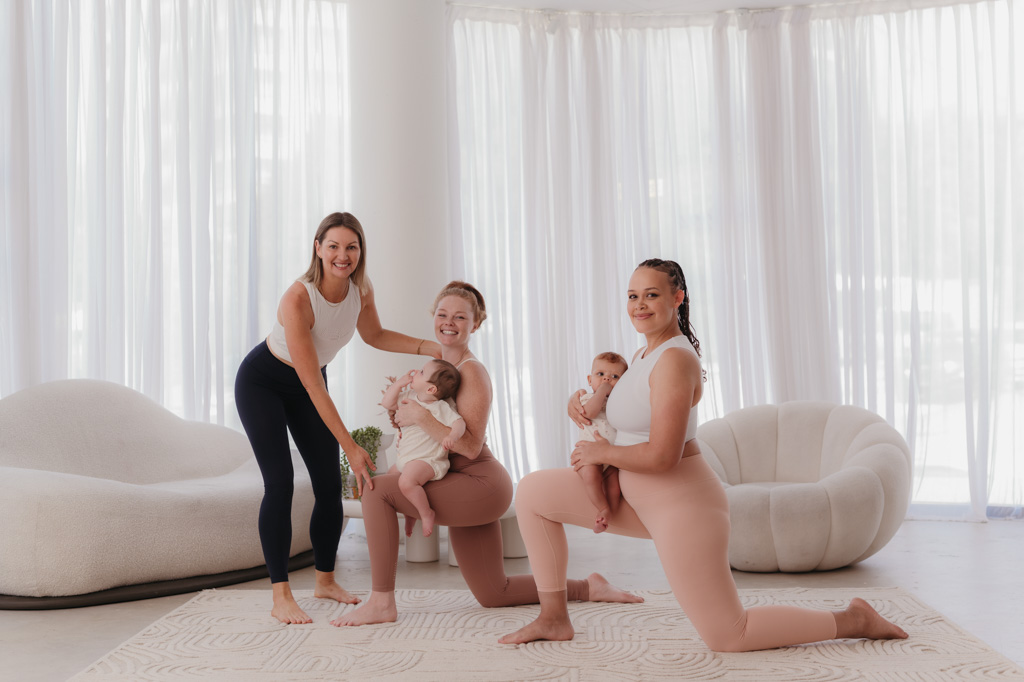
A More Realistic Recovery Timeline
Your body doesn’t work to a fixed deadline. It heals based on the input you give it.
Research shows:
-
True postpartum recovery takes 6–18 months.
-
Connective tissue regains only ~80% strength after a year.
-
Pelvic floor symptoms (like heaviness or leaking) often emerge after 12 weeks, not before.
That’s why the answer to 'how long should postpartum recovery take?' isn’t a fixed number, it’s about giving your body the right rehab and patience to fully recover.
Your body doesn’t work on deadlines — it works on input.

What 12 Weeks Postpartum Really Looks Like
At 12 weeks postpartum,
- You may still be experiencing lochia (post-birth bleeding).
- Your connective tissues are still healing and remain lengthened and vulnerable.
- It’s normal to feel pelvic heaviness, especially when standing or lifting.
- If you had a C-section, your scar may still feel itchy, tight, or numb.
You’re not meant to be peaking right now. Recovery takes time, support, and the right kind of movement. In the EMP, we honour this with week-by-week programs that are based on where you are at - not an artificial time-line of where you should be.
The Science of Healing
In the acute and sub-acute phases of postpartum, your body undergoes significant internal recovery. While surface wounds may close, deeper tissues like fascia, muscle, and connective tissue continue to heal for months.
Healing runs deeper than what you see:
-
Collagen, your tissue’s repair protein, first forms a weaker, scar-like version known as Type III collagen. Over time, this remodels into stronger Type I collagen, a process that can take 12 months or more to complete.
-
Ligaments remain softer for months due to relaxin, especially if you’re breastfeeding.
-
Muscle coordination in your core and pelvic floor needs retraining—it doesn’t “bounce back” on its own.
This is why structured, progressive rehab matters: real results take time, specialised movement, and graded progression - not just rest.

What’s Still Shifting Beyond 3 Months
Just because your 6-week check-up is behind you doesn’t mean your body is done healing. Key changes are still unfolding beneath the surface.
-
Your pelvic organs are still settling.
After birth, your bladder, uterus, and bowel must reposition and re-establish internal pressure dynamics. This process is influenced by how your baby was born (vaginal (with or without assistance) or C-section), whether you’re breastfeeding, and the support of your core and pelvic floor. -
Ligaments remain more lax for months.
The hormone relaxin—which increases dramatically in pregnancy to soften joints and tissues—can linger in your system for up to 5–6 months postpartum (or longer if breastfeeding), especially affecting your hips, pelvis, and lower back. -
Connective tissue is still rebuilding.
Fascia and abdominal connective tissue (like the linea alba, often involved in abdominal separation) take 6–12 months or more to regain strength and tension. This is particularly true after C-section or significant diastasis recti. -
Your core and pelvic floor may still be misfiring.
Muscle coordination, timing, and strength don’t automatically “bounce back.” Even if your abdominal separation has narrowed, the function of your deep core and pelvic floor often remains compromised without specific rehab. -
Symptoms may only now be emerging.
It’s common for women to develop symptoms like heaviness, leaking, or back pain after returning to walking, gym workouts, or running, because load tolerance takes time to rebuild safely.
Don't discount the Emotional Load
While your body is recovering, so is your brain. Chronic sleep deprivation, overstimulation, and a constantly changing identity all impact your emotional and physical capacity and recovery.
If you spent the first 12 weeks of motherhood adjusting to life as a mum - that’s totally fine. There is no timeline for healing and you won’t get left behind or miss out. You can recover at your own pace and in a way that supports your emotional health as well as your physical health.
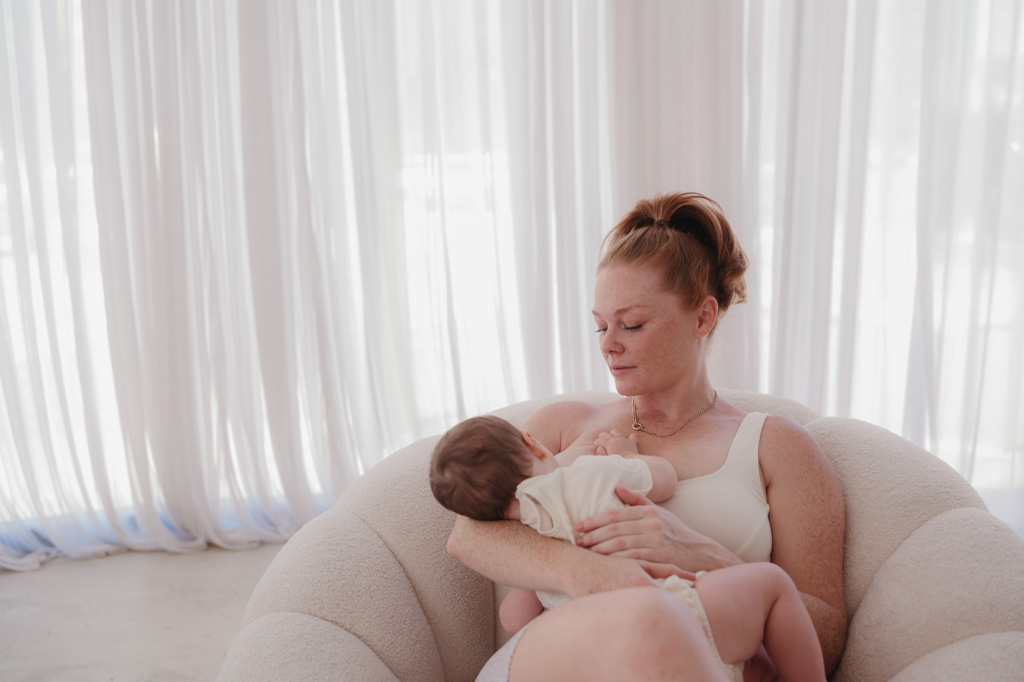
Key Takeaways
- How long should postpartum recovery take? 6–18 months is normal.
- Healing is physical and emotional. Ligaments, fascia, and muscles keep changing well beyond 12 weeks.
- Symptoms can appear later, as activity increases.
- Guided, progressive rehab, like the Empowered Motherhood Postantal Program, supports you with physio-led week by week programs that safely progress you from early postnatal rehab to advanced fitness and strength.
Your Next Step
If you’re still leaking, feeling weak, or unsure where to begin, you’re not behind. The Empowered Motherhood Program meets you where you are, with physio-led week-by-week recovery that takes you from healing to strength to running.
Get your Free Physio-led Pelvic Floor and CoreWorkouts
Download three free videos for either pregnancy or postpartum.


